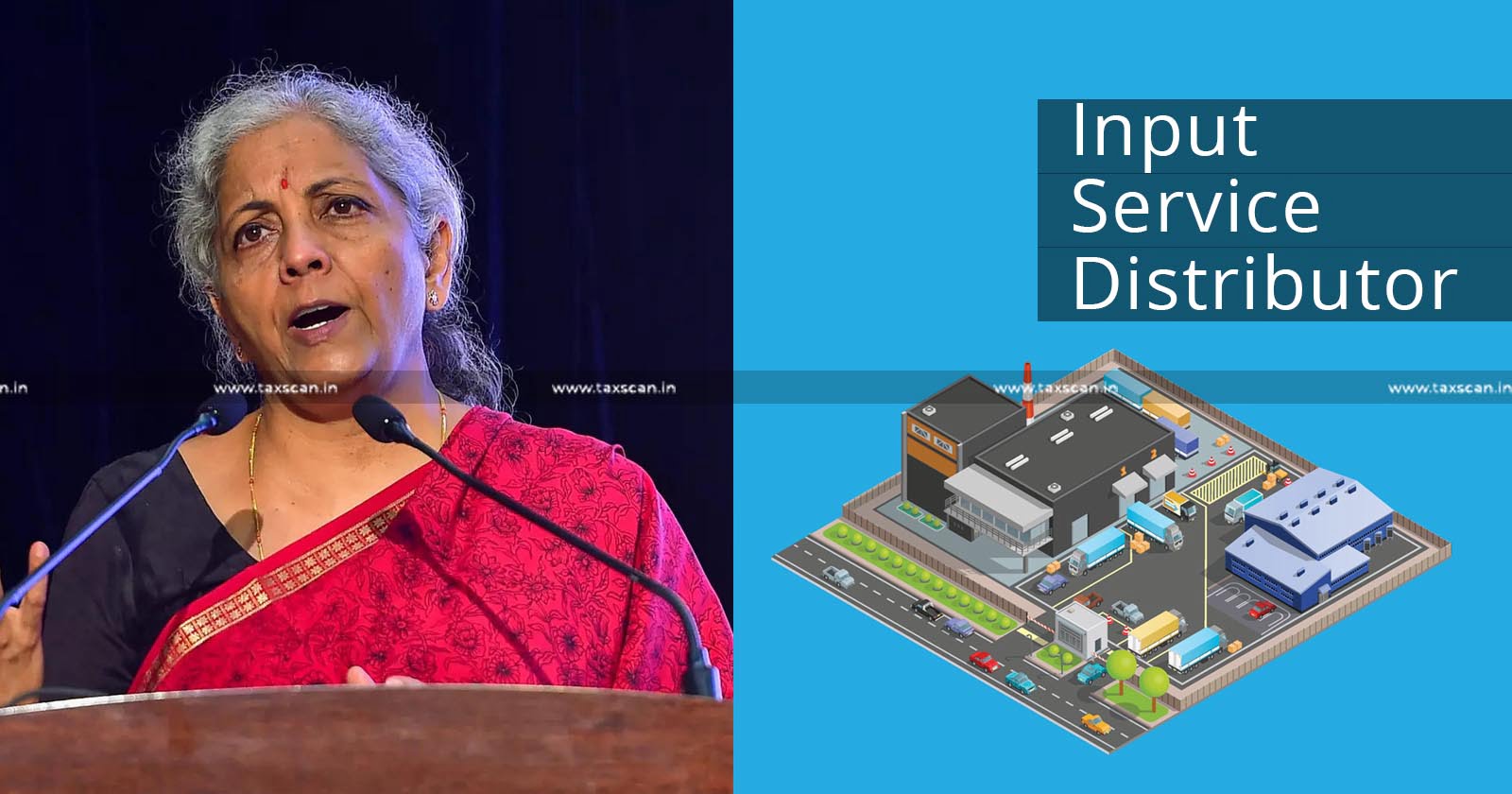In an effort to enhance the efficiency of the Goods and Services Tax (GST) framework, the Finance Bill 2024 has proposed significant modifications, particularly in the realm of credit distribution by Input Service Distributors (ISD). This move aims to simplify processes for businesses and uphold compliance standards.
Evolution of ISD Role
Traditionally, Input Service Distributors have played a pivotal role in facilitating seamless credit distribution for centrally availed services. This enables businesses with multiple units to optimize their GST benefits by strategically allocating credits.
Structured Approach to Credit Distribution
The Finance Bill 2024 introduces a more structured approach to the distribution of credit, emphasizing transparency and accountability. It delineates clear guidelines for ISDs to allocate credit in a manner aligned with the nature of transactions, ensuring fair distribution among different units.
Addressing Concerns and Stricter Measures
Recognizing the potential for misuse or misallocation of credits, the Bill introduces stricter measures to curb such practices. This proactive step aims to prevent loopholes in the system and foster a more robust GST framework.
Implications for Businesses
Businesses operating in diverse sectors need to stay informed about these proposed changes to adapt their GST compliance strategies proactively. The Finance Bill 2024 is poised to impact the financial dynamics of organizations, necessitating tax professionals, financial experts, and business owners to understand the intricacies of the proposed credit distribution by ISDs.
Proactive Engagement and Industry Awareness
As stakeholders await the finalization and implementation of the Finance Bill 2024, proactive engagement with industry experts becomes crucial. Staying informed about the evolving GST landscape will not only ensure seamless compliance but also position businesses to leverage potential benefits arising from the revamped credit distribution system.
Multiple-Choice Questions (MCQs) with Answers:
- What is the primary aim of the proposed modifications in the Finance Bill 2024 regarding GST?
a. Increase tax rates
b. Streamline and enhance the efficiency of the GST framework
c. Introduce complex compliance standards
Answer: b. Streamline and enhance the efficiency of the GST framework - What role have Input Service Distributors traditionally played in the GST framework?
a. Tax collection
b. Facilitating credit distribution for centrally availed services
c. Implementing compliance standards
Answer: b. Facilitating credit distribution for centrally availed services - What does the Finance Bill 2024 emphasize regarding the distribution of credit by Input Service Distributors?
a. Complexity
b. Transparency and accountability
c. Ambiguity
Answer: b. Transparency and accountability - What is the Finance Bill 2024’s response to concerns about the misuse of credits in the GST framework?
a. Ignoring the concerns
b. Introducing stricter measures
c. Allowing unlimited flexibility
Answer: b. Introducing stricter measures - Why is proactive engagement with industry experts emphasized for businesses?
a. To complicate compliance
b. To leverage potential benefits
c. To increase tax rates
Answer: b. To leverage potential benefits
